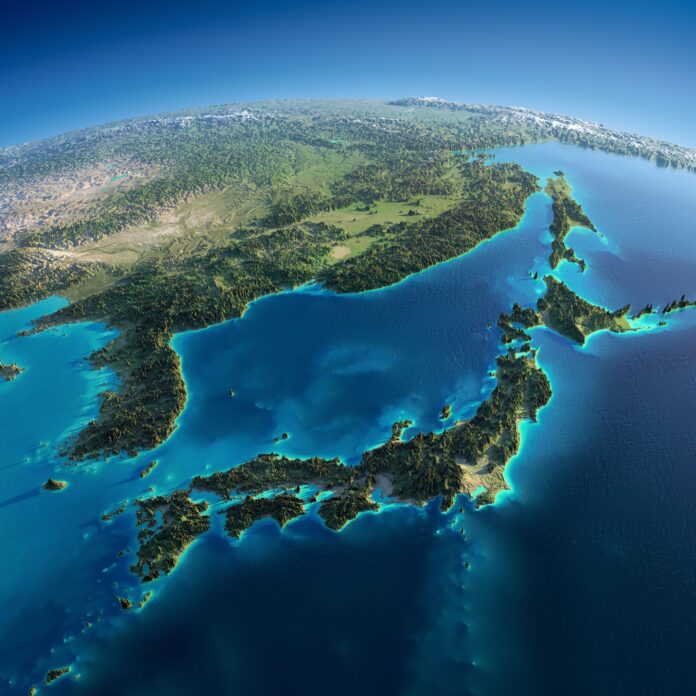NTT DoComo, KDDI and SoftBank aim to launch full 5G services in 2020
Japanese mobile carriers have confirmed plans to launch 5G commercial services in 2019, a year ahead of schedule, local press reported.
NTT DoCoMo, KDDI and Softbank representatives said during a communications ministry hearing that they plan to begin with a limited commercial deployment in 2019 and then deploy a full 5G service for smartphones in 2020.
Japan’s communications ministry plans to decide which companies will be allocated radio frequencies for 5G networks by the end of 2018, according to previous reports.
Local carriers expect 5G to be fully available to enable high-resolution streaming during the 2020 Tokyo Olympic and Paralympic events. NTT DoComo said it plans to rent out 5G devices for free at the Japan Rugby World Cup, which will take place in 2019.
NTT DoCoMo has been carrying out a number of trials, mainly with Chinese vendor Huawei. The two companies recently announced a collaboration with Tobu Railway to trial a millimeter wave system at Tokyo Skytree Town as part of a broader push for field trials being advocated by Japan’s communications ministry.
The partners said the Tokyo trial was conducted with the main aim of researching technical conditions to use the 28 GHz band and other candidate spectrum for 5G in dense urban areas.
Earlier this year, Finnish vendor Nokia secured a contract with NTT DoCoMo to provide next-generation equipment for the operator’s future commercial launch. Under the deal, Nokia will support NTT DoCoMo’s commercial operation in Japan by further enhancing existing baseband units and integrating its 5G New Radio-based AirScale hardware in the network.
Meanwhile, rival operator SoftBank is also very active in the 5G testing field. The Japanese telco has inked a partnership with Huawei to demonstrate potential 5G use cases for its enterprise partners. A demonstration included real-time ultra-high-definition video transmission using ultra-high throughput, remote control of a robotic arm using ultra-low latency transmission and remote rendering via a GPU server using edge computing.
SoftBank has been also working with Ericsson in the execution of trials in Japan. In September 2017, the two companies announced plans to conduct a joint trial of 5G in the 4.5 GHz band in urban areas of Tokyo. This 5G trial included two new radios, virtualized radio access network and evolved packet core RAN, beamforming, massive MIMO functionality and support services.
KDDI has been also engaged in trials, mainly with Ericsson and Samsung Electronics. In September 2017, KDDI and Ericsson inked an agreement to test a proof of concept in the 4.5GHz frequency band in a number of cities across Japan. Ericsson said that the 4.5 GHz frequency band is one of the candidates for 5G in Japan. KDDI and Ericsson said they were planning to carry out a large number of tests across a wide range of use cases in the 4.5 GHz and 28 GHz frequency bands, including interworking with LTE technologies.
Meanwhile, Rakuten Inc., the e-commerce giant that will enter the mobile communications market in October 2019, said it will start offering 5G for individual customers from 2020. Rakuten Mobile Network recently conducted a 5G trial in collaboration with Nokia and Intel. Rakuten used the Nokia AirScale base station and the Intel 5G Mobile Trial Platform for the technology trial. The trials were carried out from June at the Nokia Kawasaki Technology Center located in Kanagawa Prefecture in Japan to evaluate fundamental 5G capabilities in the 28 GHz frequency band.

